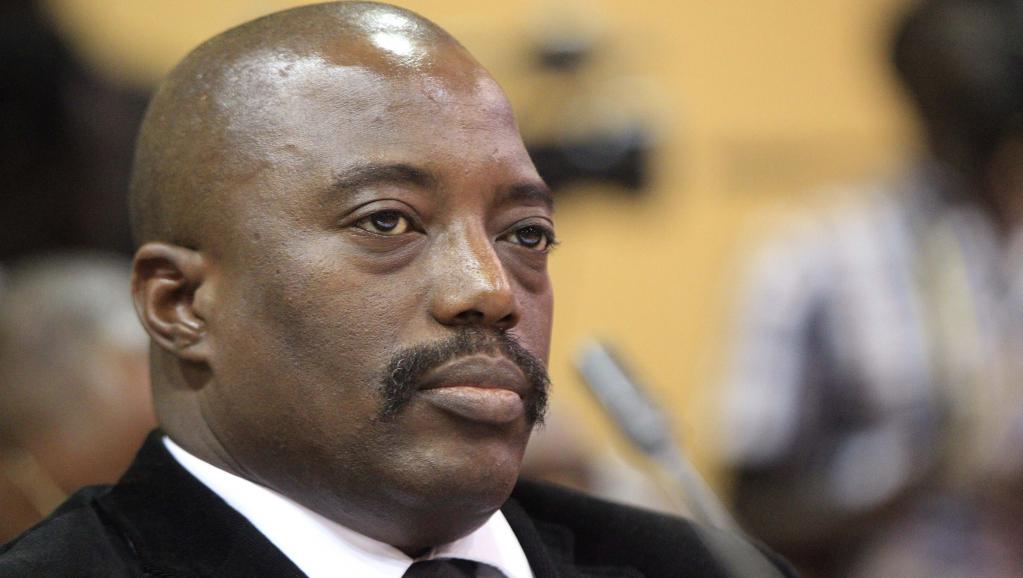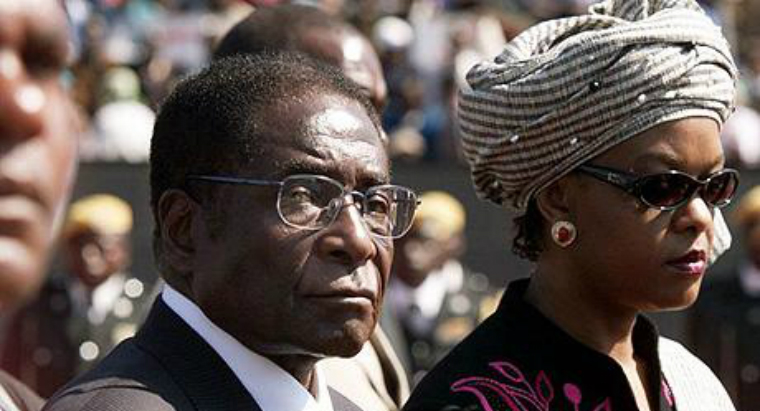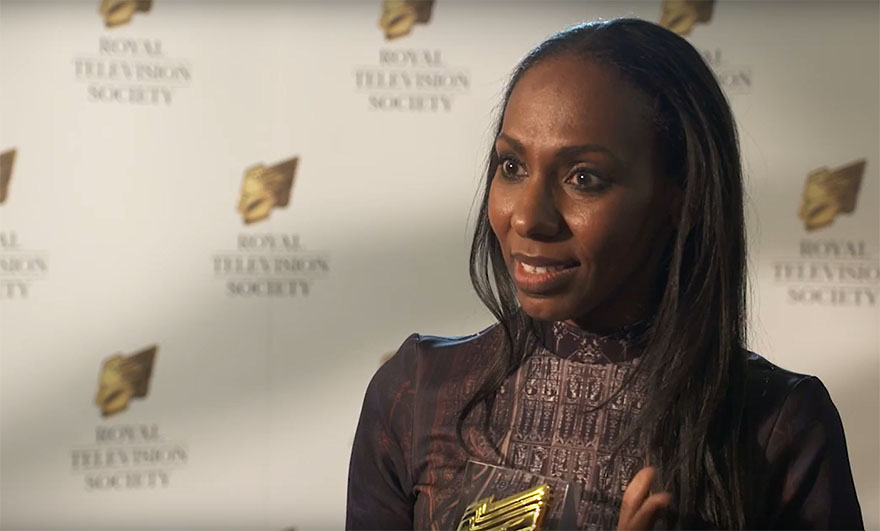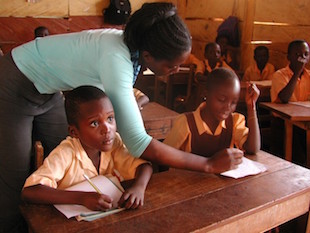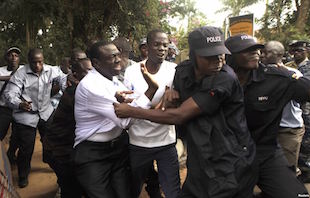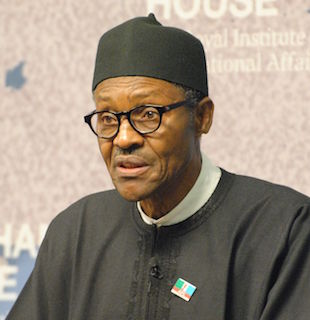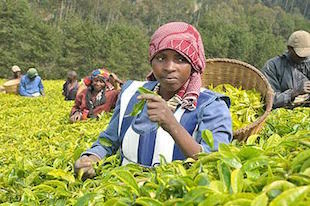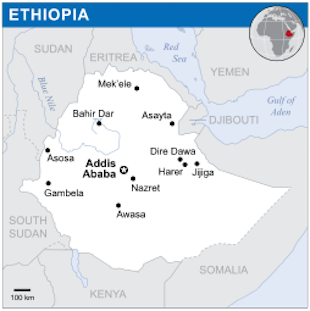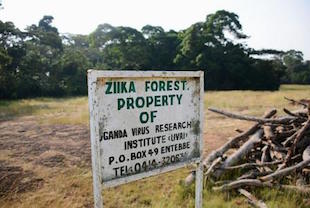KINSHASA (INPS | GIN) – Members of the Congolese opposition are pushing for elections this year, and for President Joseph Kabila to step down if elections are not held.
Seven senior members of the ruling coalition have already been expelled for urging the President not to cling to power after December 19, 2016, the official end of his second term. The planning minister was also sacked from his post reportedly on order of the president.
The fate of President Kabila is the central issue that consumes Congolese politics today. As frustration grows, the Kabila regime has restricted political space, clamped down on free expression and stepped up its jailing of Congolese youth. The U.S. State Department said it was “troubled by the harassment and detention of peaceful activists and opposition leaders” while Human Rights Watch issued a scathing indictment of the regime’s clampdown on peaceful protests and a spate of arrests countrywide.

